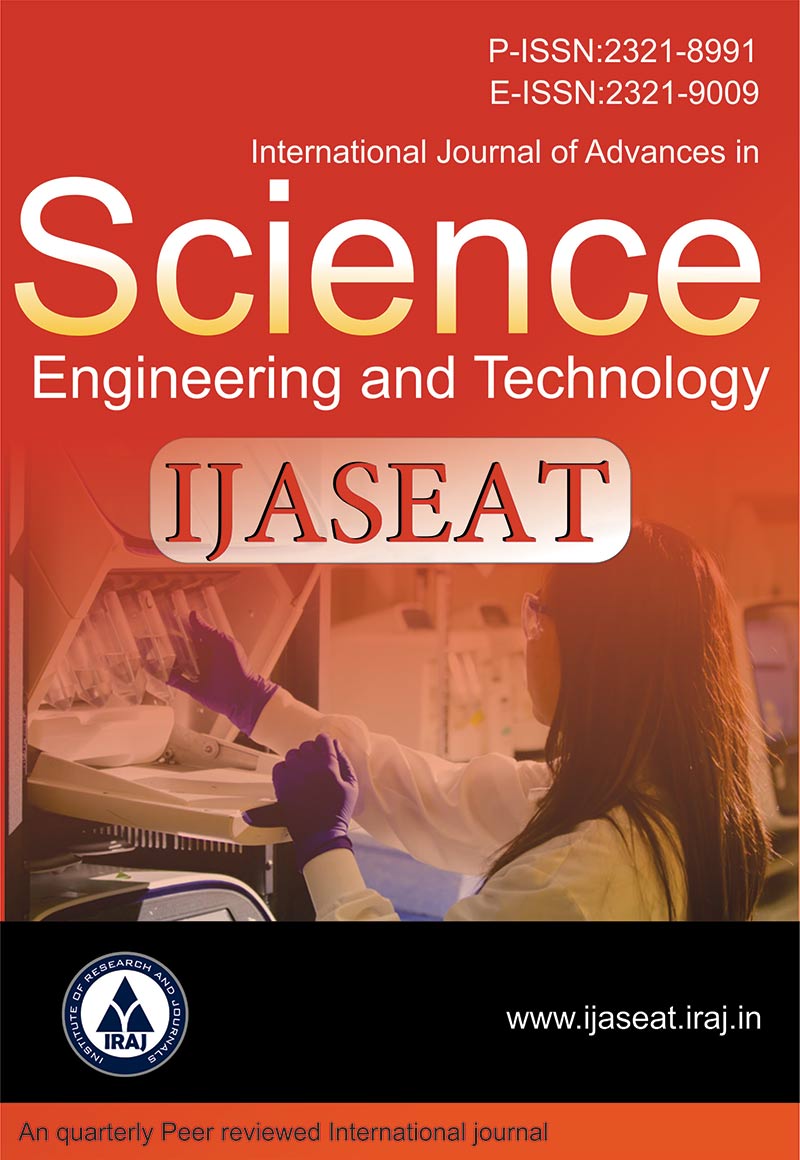Publish In |
International Journal of Advances in Science, Engineering and Technology(IJASEAT)-IJASEAT |
 Journal Home Volume Issue |
||||||||
Issue |
Volume-6, Issue-3 ( Jul, 2018 ) | |||||||||
Paper Title |
Improvement of Cold Storage Conditions of Garden Plum (Prunus Domestica) by Application of Ascorbic Acid, Salicylic Acid and Methyl Jasmonate | |||||||||
Author Name |
Tamar Turmanidze, Levan Gulua, Merab Jgenti, Lika Nikolaishvili | |||||||||
Affilition |
Agricultural University of Georgia, KakhaBendukidze University campus, David Aghmashenebeli Alley 240, Tbilisi, Georgia | |||||||||
Pages |
22-25 | |||||||||
Abstract |
Plums were harvested in the middle summer in eastern part of Georgia. After harvesting average samples of fruits were treated with combined water solution (CS) of ascorbic acid (0.5%), salicylic acid (0.03%) and methyl jasmonate (0.02%). Data showed that treatment with CS caused significant retention of polyphenols degradation process during storage period. Four main anthocyanins were identified in plum fruits: Cyanidin-3-O-glucoside, Cyanidin-3-O-rutinoside, Peonidin- 3-O-rutinoside and Peonidin-3-O-glucoside. Anthocyanins amount in fresh fruits was 68.29±3.41 mg 100g-1. After 22 days storage their content degraded down to 24.54±1.22 mg 100g-1and 48.58±2.42 mg 100g-1in the control and treated samples respectively. Antioxidant activity of fresh plum fruits was equal to 345.20±17.26 mg equivalents of vitamin-C per 100 g of fruits. During storage this value decreased to 228.29±11.41 and 270.58±1 mg equivalents of vitamin-C per 100 g of fruits for control and treated samples respectively. After 22 days storage period TSS of fruits decreased from 13.71±0.68% to 11.23±0.56% in control samples and to 12.56±0.62% in treated samples probably because of respiration process. Difference between the treated and untreated samples after 22 days was statistically significant (p<0.05). Keywords - Plum, biochemical compounds, storage. | |||||||||
| View Paper | ||||||||||